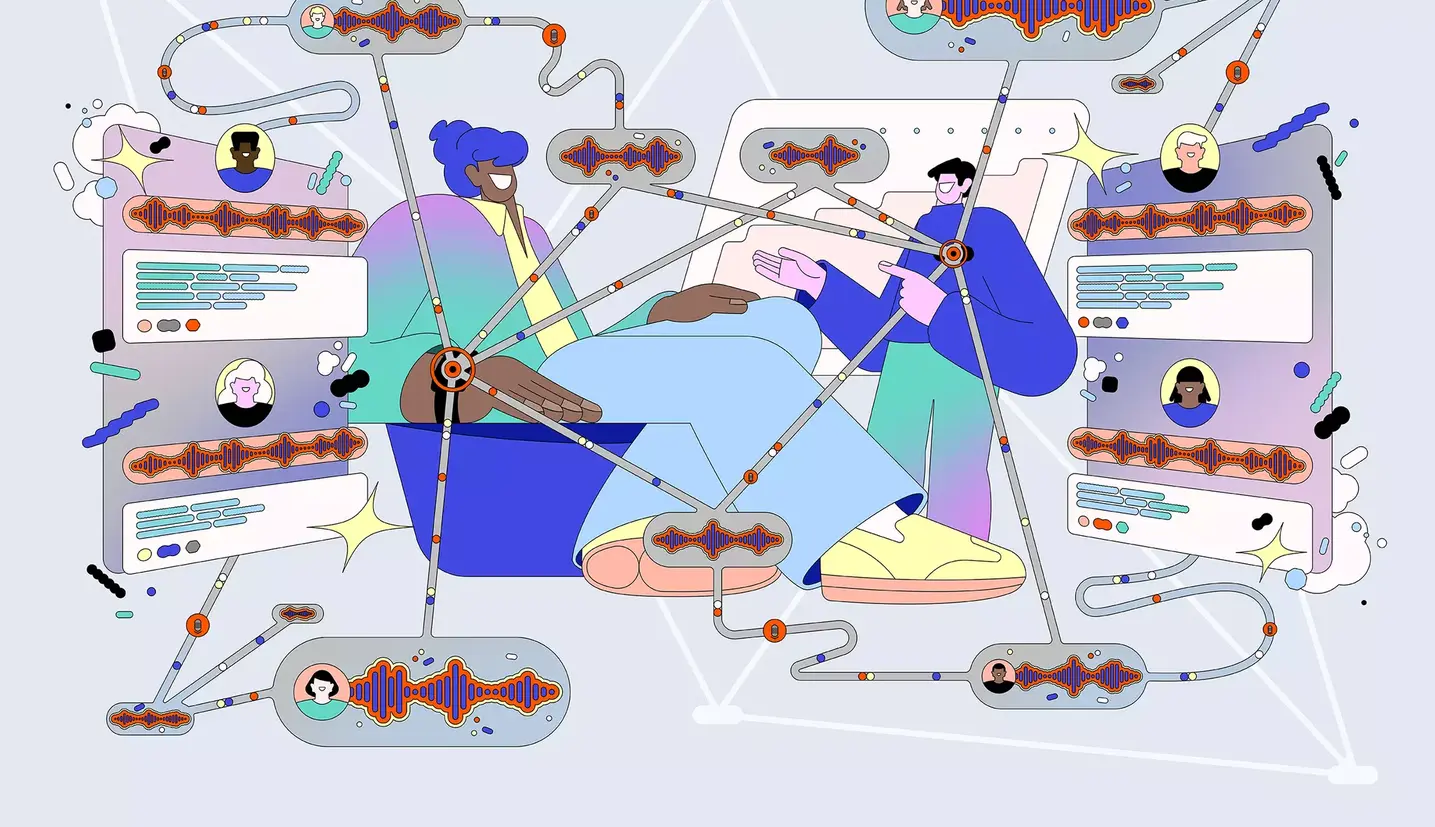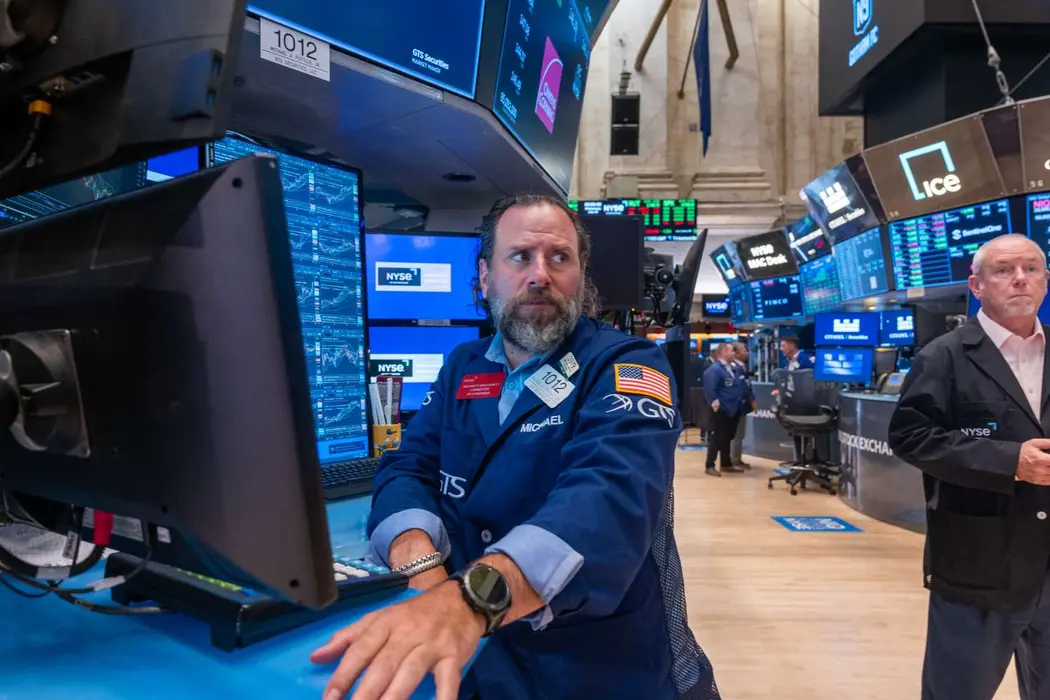T4K3.news
Growing concern over AI recording devices in San Francisco
AI wearables are becoming commonplace, raising serious questions about legality and consent.

The rise of AI recording devices in San Francisco raises legal and ethical questions about consent.
Surveillance culture grows in San Francisco with AI recording devices
AI wearables and stealth recording software are becoming common in San Francisco, with users frequently unaware of when they are being recorded. Many people use these devices as tools for productivity in meetings or social situations. However, concerns about privacy and non-consensual recording are growing, prompting debates over their legality. California law mandates that all parties in a confidential conversation must consent to being recorded, which adds a layer of complexity to this new trend. Tech insiders are gradually adapting to this new normal, but many still struggle with the implications for personal privacy and workplace etiquette.
Key Takeaways
"My general sense is that we should assume we are being recorded at all times."
Clara Brenner highlights the psychological impact of pervasive surveillance.
"It's an invasion of privacy and I seriously disapprove of it."
Clara Brenner expresses her disapproval of non-consensual recording practices.
"Permission to record is just assumed."
Anith Patel reflects on the normalization of recording devices in social interactions.
"I know a VC who records all in-person meetings on their watch, without telling the other meeting participants."
Brenner warns about inappropriate recording without consent in professional settings.
The prevalence of AI recording devices reflects a broader cultural shift towards constant documentation and surveillance. While some view these tools as productivity enhancers, others fear they lead to a dangerous erosion of privacy. As AI note-taking becomes standard practice in various settings, the challenge lies in balancing efficiency against the fundamental right to communicate freely without fear of being recorded. Legal experts emphasize the necessity for clear guidelines to navigate this evolving landscape. Without appropriate measures, companies risk liability and individuals may unknowingly compromise their privacy.
Highlights
- Recording culture is changing our conversations forever.
- The devices promise productivity but threaten privacy.
- People are self-censoring, unsure of who is recording.
- Privacy may vanish in a world of constant documentation.
Legal and ethical risks of AI recording devices
The rise of AI recording tools in professional and casual settings presents significant legal and ethical concerns regarding privacy and consent. California's strict wiretapping laws require all parties in a conversation to grant explicit consent to be recorded. This raises questions about liability and could lead to potential lawsuits if recordings are made without consent.
The future of conversation may depend on the balance between innovation and privacy.
Enjoyed this? Let your friends know!
Related News

OpenAI maps a broader future after GPT-5

AI risk shaping money and life

New studies explore sunlight benefits for health

Jony Ive and Sam Altman announce major AI device initiative

Altman Hawaii mansion sale linked to OpenAI stock plan

Bay Area AI wealth fuels housing boom

Apple plans to grow AI investments significantly

Meta limits access to advanced AI models
